CBD and medicines – is it safe?
min. reading
Cannabidiol is a harmless chemical compound that is a component of hemp. Any use of hemp oil or other commercially available supplements containing CBD to supplement a balanced diet, by a person leading a healthy lifestyle, does not cause any negative effects on the human body, but the situation looks quite differently when it comes to the use of CBD with medicines. Researchers have been studying the effects of CBD on the pharmaceuticals used by a person who wants to use CBD hemp oil supplementation.
Table of Contents
The role of CBD oils in drug metabolism
Every medication we take goes through a metabolic process that is influenced by our liver and the underlying liver enzyme (cytochrome P450). It is estimated to be responsible for the breakdown of up to 60% of the medicines on the market.
“It is a very unusual enzyme. Almost all other enzymes are designed to match one substrate and perform one chemical process that results in one product.”
Lester Bornheim
Studies have shown that this enzyme, which is extremely important to the human body, also metabolizes cannabidiol, absorbing much of the output of cytochrome P450. This is a complex process that may (but doesn’t need to) block the metabolism of other medical substances used at the same time.
Factors affecting drug metabolism with concomitant cannabidiol use:
- the amount of CBD consumed,
- the form and method of taking CBD,
- the composition and proportions of CBD used in the oils (i.e. using oil from the whole plant or isolated molecules),
- the type of drug and dosage (according to Dr. Kazuhito Watanabe),
- the use of several drug combinations simultaneously.
Using a small enough amount of CBD should not alter the metabolism of the drug being used. However, none of the studies conducted to date set out a specific cut-off amount below which CBD does not interact with medicines. An example is a protocol from 2013 clinical studies conducted with an antiepileptic drug (Sativex, GW Pharmaceutical), with concomitant use of CBD. The reports from the two studies turned out to be largely divergent.
When a dose of approximately 40 mg of CBD was introduced in the first study, no effect of CBD on the metabolism of the introduced drug was noted.
Analysis conducted during the second study revealed a significant effect on drug metabolism (inhibition) already in the case of a dose of 25 mg of CBD.
Later studies have shown that CBD can also work in the opposite direction, namely to stimulate the efficiency of cytochrome P450 enzymes. The conclusions are self-explanatory. The effects of cannabidiol on medicines can be twofold, either increasing the metabolism (breakdown) of initiated medicines or inhibiting it.
The power of grapefruit
In 1998, a team of Canadian researchers noticed a correlation between the metabolism of many commercially available medicines and grapefruit. Some compounds contained in the grapefruit fruit (bergapten) may block the dynamics of cytochrome P450 enzymes. Therefore, doctors often tell patients not to consume this fruit before starting to take prescribed medications.
So, how does the knowledge gained translate to using CBD with other medications? It turns out that cannabidiol is a stronger inhibitor of cytochrome P450 enzymes than the chemicals contained in grapefruit. When translated into practice, this means that CBD, in some cases when taken concurrently with other medicines (e.g., anticoagulants), acts as a chemical that decreases the rate of chemical reactions that occur, thereby increasing the duration of drug action and consequences.
CBD – drug interactions
Any patient taking a high dose of a drug must be aware that the simultaneous use of CBD can significantly affect the ongoing metabolic process and consequently interfere with the overall course of the treatment.
This is especially true for people taking:
- life-saving medical products,
- medicines with a high risk of side effects,
- blood pressure medications,
- sedatives and antidepressants,
- anticoagulants,
- anticholinergic and sympathicomimetic medicines (atropine),
- birth control pills.
Any decision should be supported by a prior consultation with a specialist who can help you take the right action.
Although CBD is a great ally for the body, it can interact with other medications. Therefore, it is important for users to know which medications are best not to mix, to consult with a doctor or pharmacist about the medications and dietary supplements they are taking, and to carefully review the information that comes with the medications and the data on the supplement label, so that their intake is based on safety and efficacy.
CBD oil and tranquilizers
By interacting with neurotransmitters in the central nervous system, CBD can modulate their effects, for instance by blocking or stimulating the transmission of impulses, and thus can produce a calming effect. Cannabidiol is particularly known for its soothing and tonic effects on the nervous system. For this reason, when combined with sedative medications, it may interact with them and intensify their effects. Taking sedative medications along with CBD oil does not necessarily produce negative effects, although the exact scale of the interaction has not been fully studied. Therefore, caution and consultation with your healthcare provider is advised before including CBD in your diet while taking sedative medications.
CBD and medications for lowering blood pressure
Hypertension sufferers who are taking blood pressure-lowering medications such as valsartan, metoprolol or lisinopril need to be very careful about CBD oil supplementation, as it interferes with the drug in most cases, which can worsen the patient’s condition. In some cases, hypertension medicines may delay or reduce the beneficial effects of CBD oil. In others, CBD oil may delay or reduce the effectiveness of prescribed hypertension medications. This is because, like the medicines mentioned above, it is metabolized by the P450 enzyme, which slows down the process of absorption and removal of medicines from the bloodstream. In addition, cannabidiol can temporarily lower blood pressure, so taking it along with medications such as lisinopril, can lower it even further, causing fatigue and making a person lapse into lethargy. Always consult your doctor before adding CBD to your diet if you are taking hypertension medications.
CBD and blood thinners
Blood thinners are a class of pharmaceuticals used to treat heart disease and stroke and when there is an increased risk of clotting in the body. These substances work by blocking blood clotting factors to prevent or break up clots that can get stuck in the arteries and cause a heart attack or a stroke. Some blood-thinning medicines , such as warfarin, have negative interactions with CBD.
Warfarin is particularly difficult for the body to metabolize and requires the combined efforts of many different liver enzymes, among others: CYP450, CYP3A4, and CYP2C19. Since CBD competes for metabolism in the enzymatic pathways mentioned above, it may lead to slower metabolism of warfarin. Within a few days of taking it, the concentration of warfarin in the blood may increase, leading to a much higher risk of negative side effects caused by the drug itself. These side effects can be life-threatening. A CBD supplement should not be taken along with any blood-thinning medication unless directed by your doctor.
CBD and antiepileptic medicines
People with various types of epilepsy, as well as severe damage to the nervous system, take antiepileptic medicines such as clobazam, rufinamide, topiramate or zonisamide. The study conducted by the team of Dr. Szaflarski in 2017 on the group of 81 participants with epilepsy who were also given doses of 5 mg to 50 mg of CBD / kg of body weight during treatment showed interactions between medicines and cannabidiol. Researchers monitored the levels of antiepileptic medicines in serum over time. While levels of the pharmaceuticals in serum remained within an acceptable therapeutic range for most of them, several products had levels outside the therapeutic range.
Researchers found an increase in serum levels of topiramate, rufinamide, and desmethylclobazam (the active metabolite of clobazam), and a decrease in clobazam levels, along with increasing doses of CBD, in both adults and children. In addition, a significant increase in serum zonisamide and eslicarbazepine levels with increasing CBD dose was also noted in the adult study model. Joint therapy with anti-epileptic medicines and CBD must only be done under a strict supervision of a doctor.
CBD and anti-cancer medicines
Ongoing research into the anti-cancer potential of cannabidiol is examining the precise mechanism of action of this substance in the context of slowing and stopping the development of certain cancers, including through the mechanism of apoptosis, or induced death of cancer cells. Scientists are also studying how CBD can alleviate some of the side effects of cancer and its treatment, such as pain, insomnia, anxiety or nausea. In both cases, there are very promising effects, but detailed studies are still needed, including one on how anti-cancer medicines interact with CBD, as there are still many unknowns in this area.
At this point, the scientific world knows for sure that, depending on the case, cannabidiol increases or decreases the effectiveness of chemotherapeutic medicines . Its anti-cancer effects are in synergy with those of some pharmaceuticals, which may lead to increased benefits and the enhancement of therapies. Many anti-cancer medicines are metabolized by the same liver enzymes as CBD, so the efficiency of certain cytochromes will be lower, thus – this can interfere with the metabolism of the drug, increase its concentration in the bloodstream and cause adverse effects. It is imperative that you consult your doctor if you are undergoing cancer treatment and want to go for CBD supplementation.
CBD and anti-rheumatic medicines
Rheumatism is a group of many different disease entities that are referred to in medicine as rheumatic diseases. They are accompanied by i.a. rheumatic pains, and the main symptoms of rheumatism are mainly chronic, recurring joint pain, joint stiffness, and associated mobility difficulties. People suffering from these conditions usually take anti-rheumatic and anti-inflammatory medicines . As studies have shown, there is a risk of potential interaction of such medicines with CBD taken as part of supplementation.
Researchers studying this area have suggested that the most important potential interaction of CBD may involve corticosteroids (anti-inflammatory medicines ). The basis of the interaction relates to the fact that hydrocortisone and prednisolone inhibit the CYP3A enzyme of cytochrome P450, and CBD is a potent CYP3A inhibitor. Concomitant use of CBD and medicines in this group may decrease clearance of glucocorticosteroids from the bloodstream and increase the risk of systemic side effects. CBD is also known to inhibit cytochrome P450 isoenzymes that, alone or in combination, are involved in the metabolism of naproxen, tramadol, amitriptyline, and tofacitinib. Most conventional synthetic and biological disease-modifying antirheumatic medicines, including methotrexate, hydroxychloroquine, adalimumab, and abatacept, are expected to be relatively free of interactions with CBD.
CBD and painkillers
One of the effects of CBD supplementation that is still being proven is analgesic effect, although more research is needed on its exact mechanism. What is known for sure at this point is that it is completely different than most painkillers. Therefore, it will not interact directly with conventional analgesics, but its indirect interactions may be due to metabolic competition. CBD will interfere with the liver’s ability to metabolize painkillers, which can increase the likelihood of side effects from the treatment – especially if you take the medications regularly.
You should also be careful in the case of the popular painkiller, ibuprofen, which is also a non-steroidal anti-inflammatory drug. Although according to a study published in the Journal of Neurology Research, no interactions between CBD and ibuprofen have been reported, but this doesn’t mean they don’t exist. The study shows that potential interactions may be dose-dependent. If a certain dose threshold is exceeded, CBD and pharmaceuticals such as ibuprofen can lead to unanticipated and potentially severe nervous system pathology.

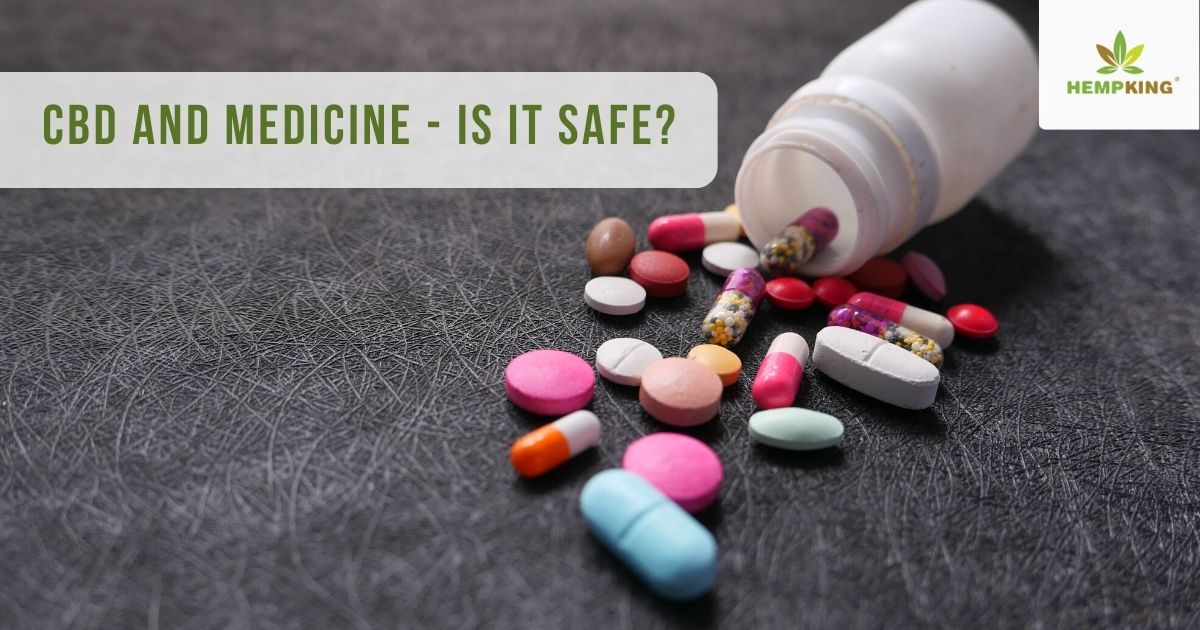





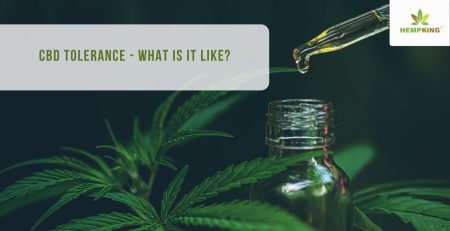
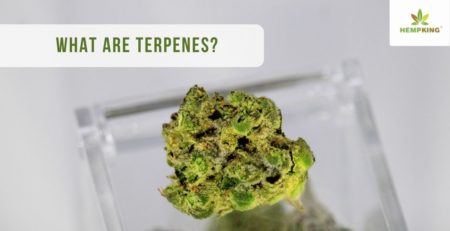

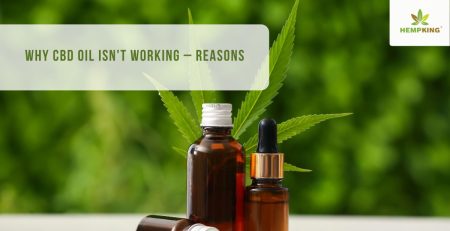

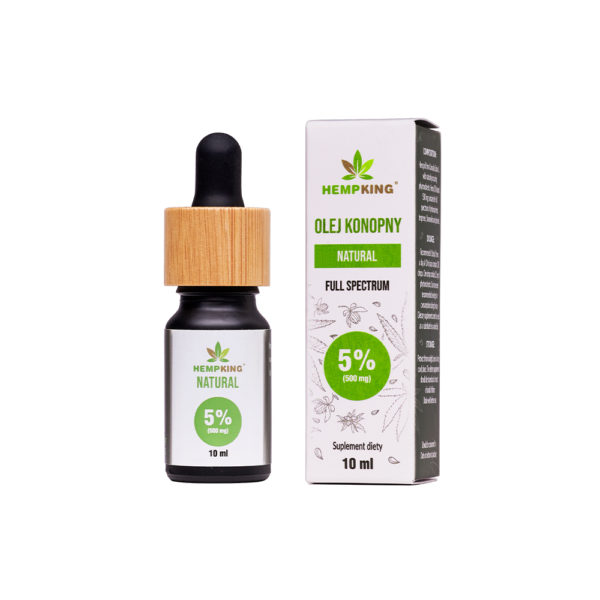
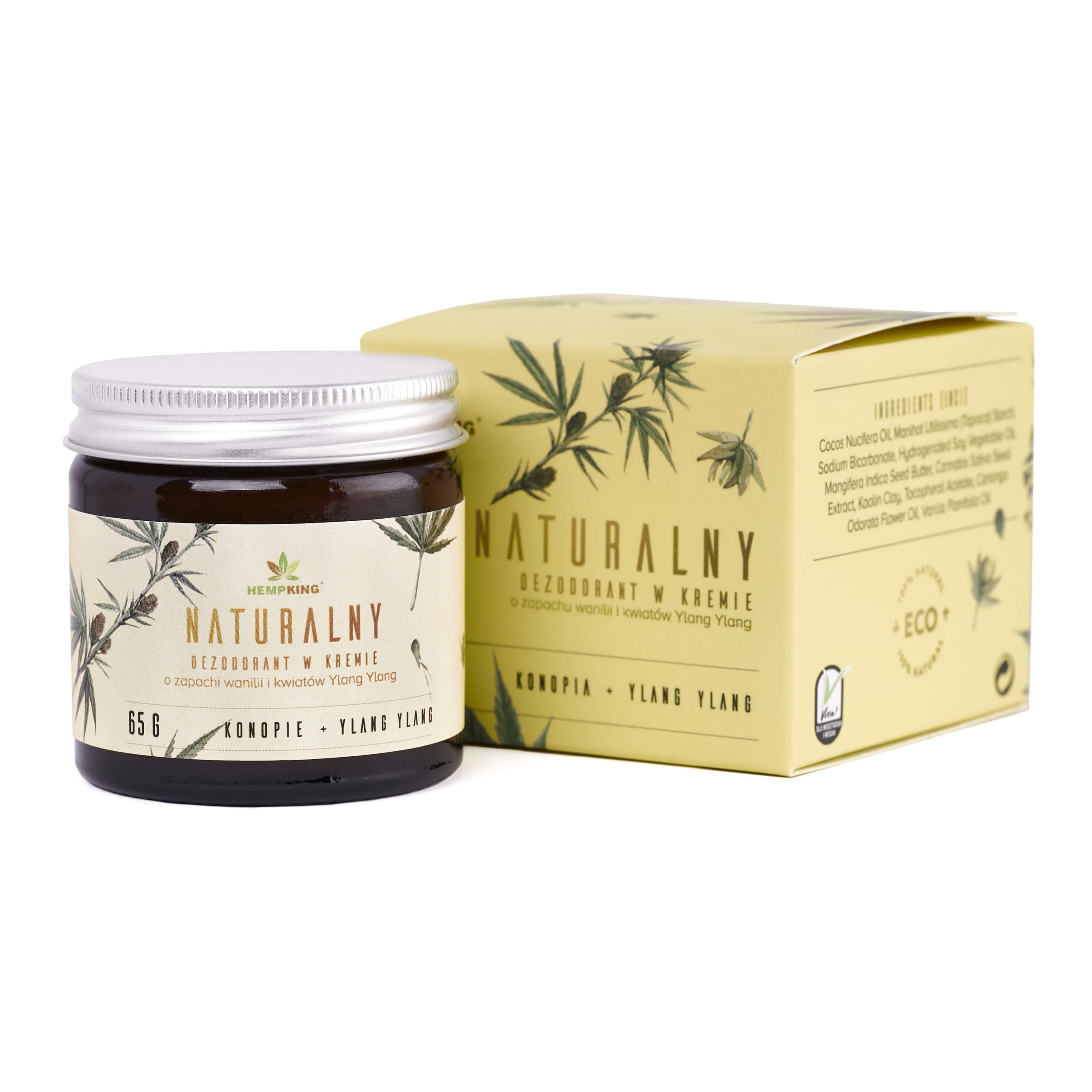
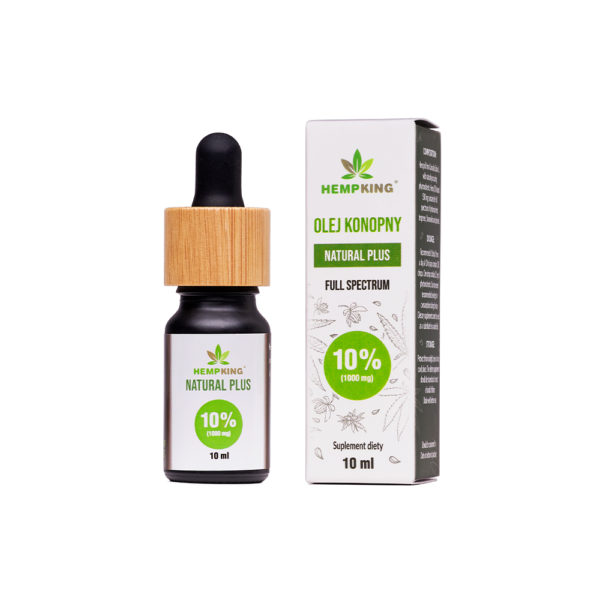
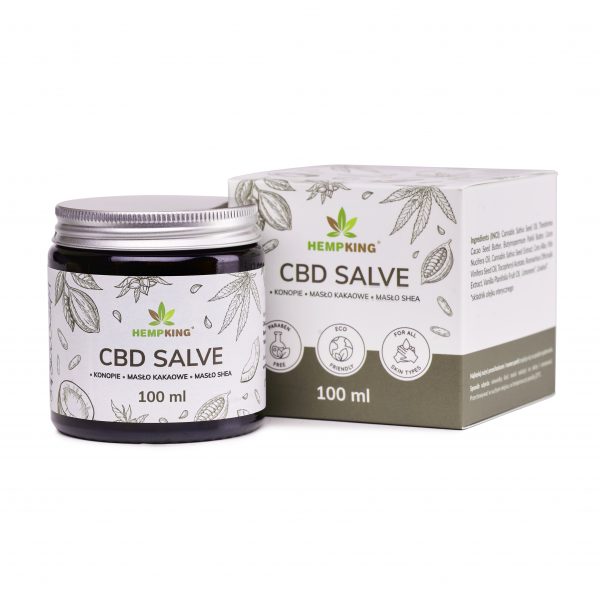
 Facebook
Facebook Instagram
Instagram

Leave a Reply